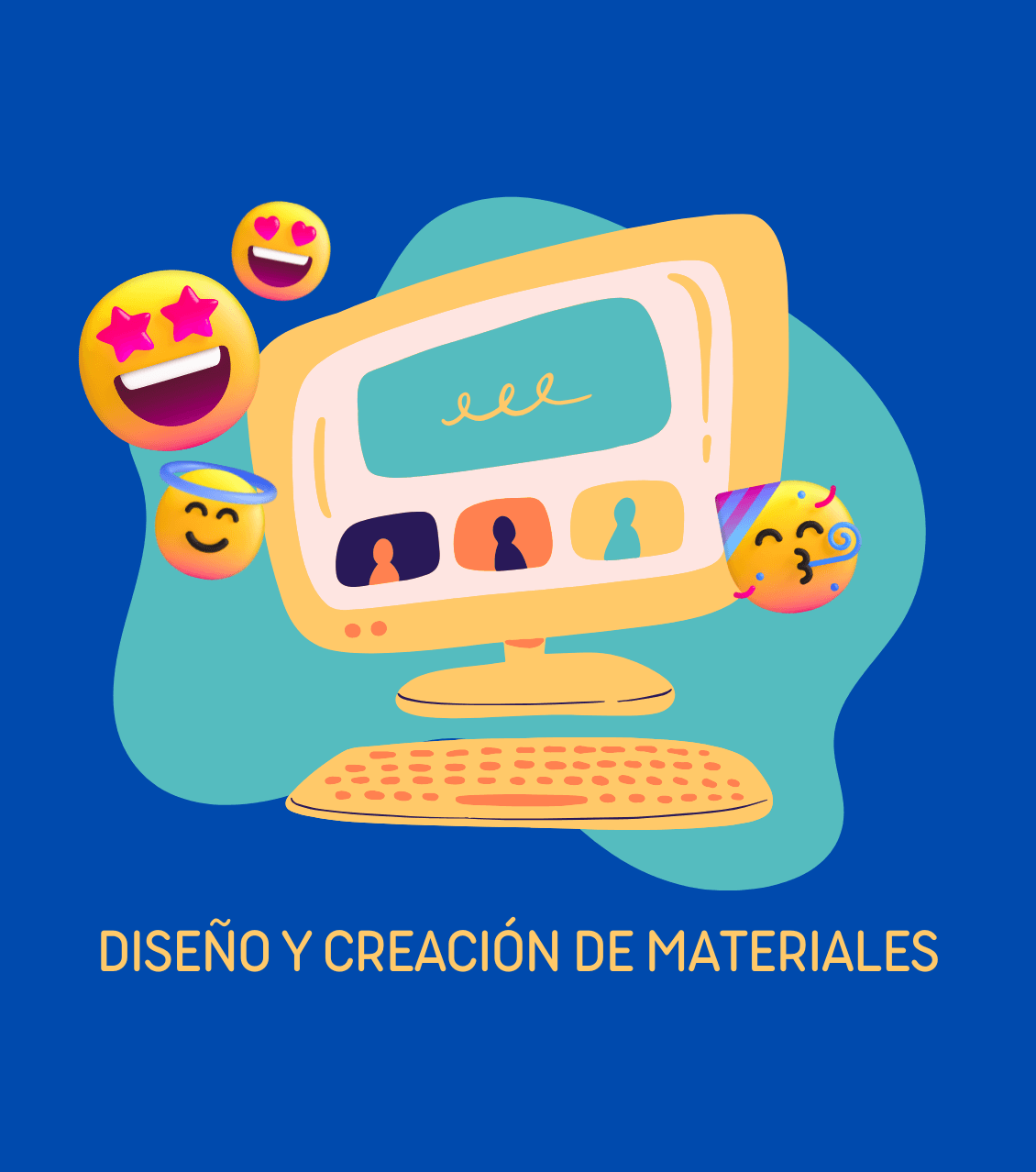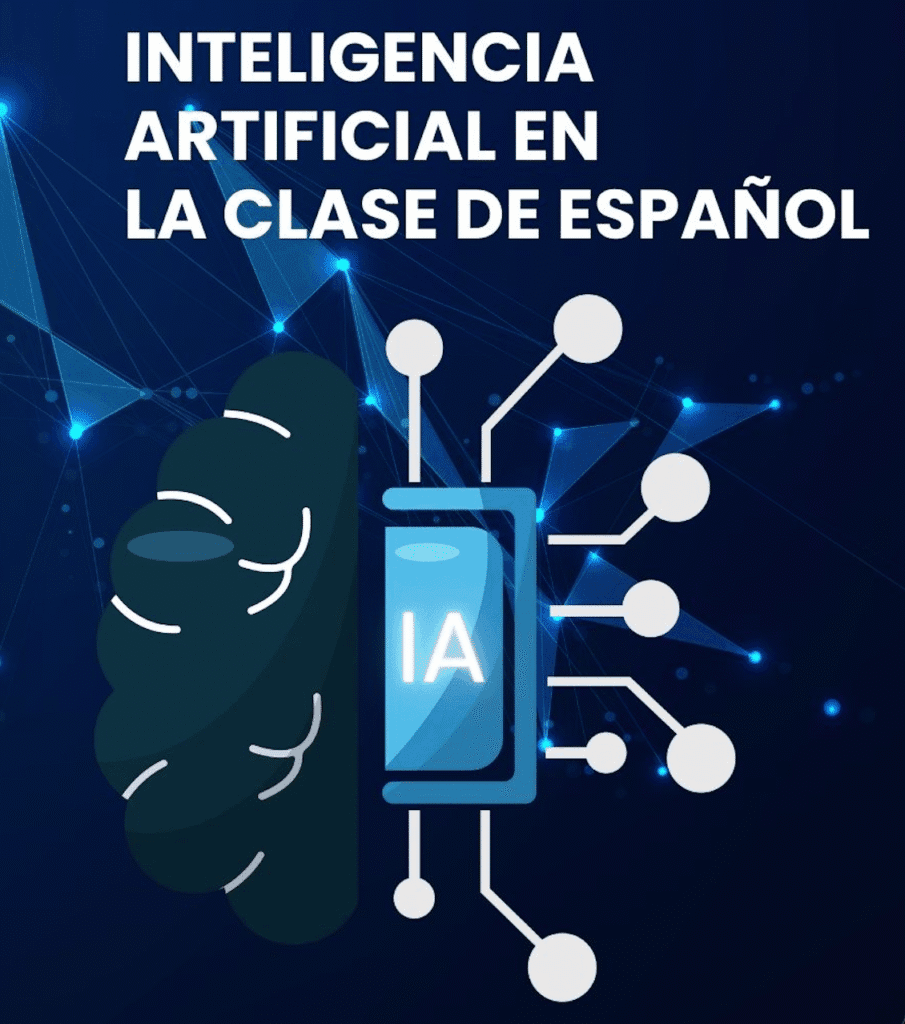Cursos y talleres para profesores de ELE
En Link Consultancy Academy, ofrecemos una variedad de cursos y talleres diseñados específicamente para profesores de Español como Lengua Extranjera (ELE). Nuestros programas son prácticos y están orientados a mejorar tus habilidades docentes, adaptándose a las necesidades de tus alumnos.
Nuestros Cursos Incluyen:
- Formación Inicial para Nuevos Profesores
Unido a recursos y técnicas esenciales para empezar a enseñar. - Metodología de la Enseñanza
Estrategias efectivas que facilitan el aprendizaje de estudiantes de diferentes culturas. - Talleres de Innovación en el Aula
Herramientas y actividades creativas para hacer tus clases más dinámicas. - Enseñanza para Estudiantes Asiáticos
Técnicas adaptadas para abordar las particularidades y necesidades de los estudiantes asiáticos.
¿Por Qué Elegir Nuestros Cursos?
- Diseñados por Expertos: Todos nuestros cursos son impartidos por docentes con experiencia en la enseñanza de ELE.
- Flexibilidad: Acceso a material en línea y opción de participar en talleres presenciales.
- Red de Apoyo: Forma parte de una comunidad de educadores apasionados.



